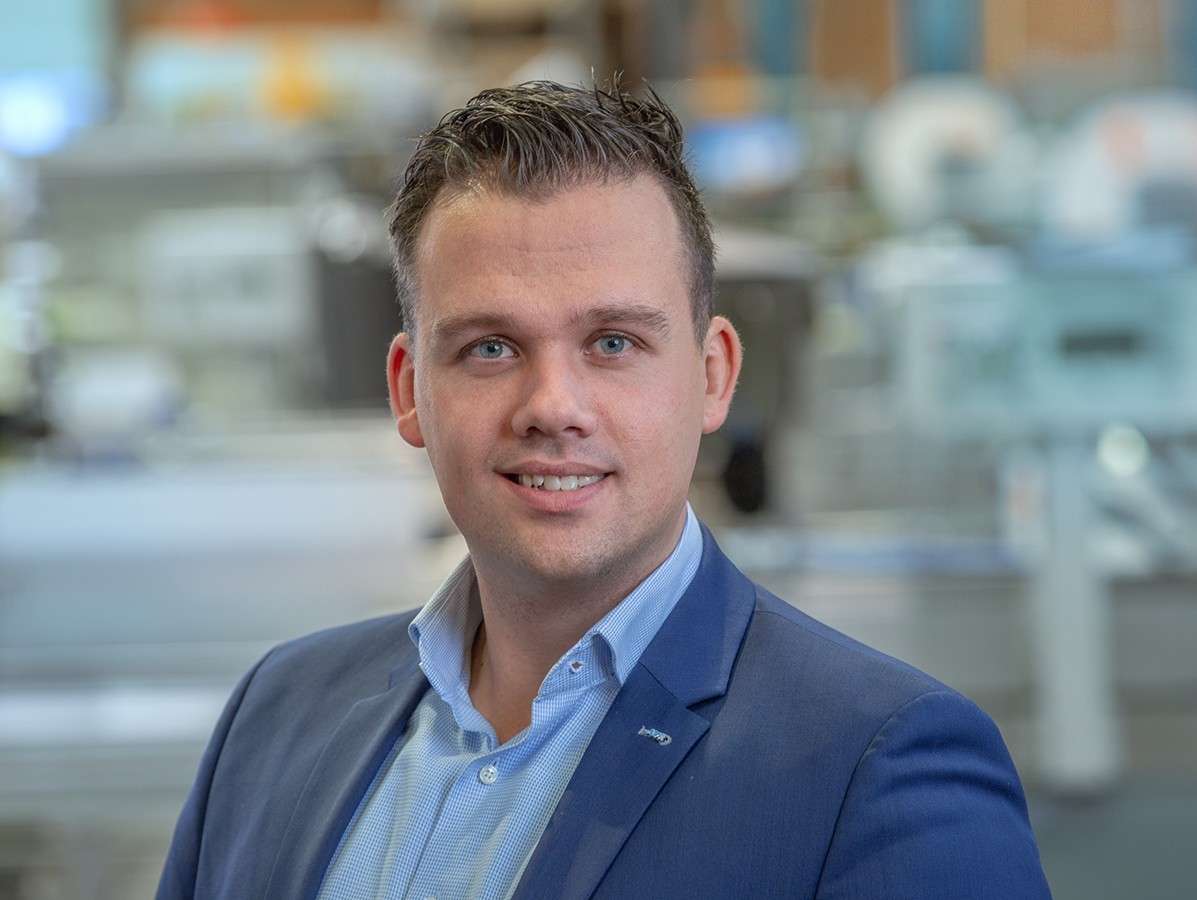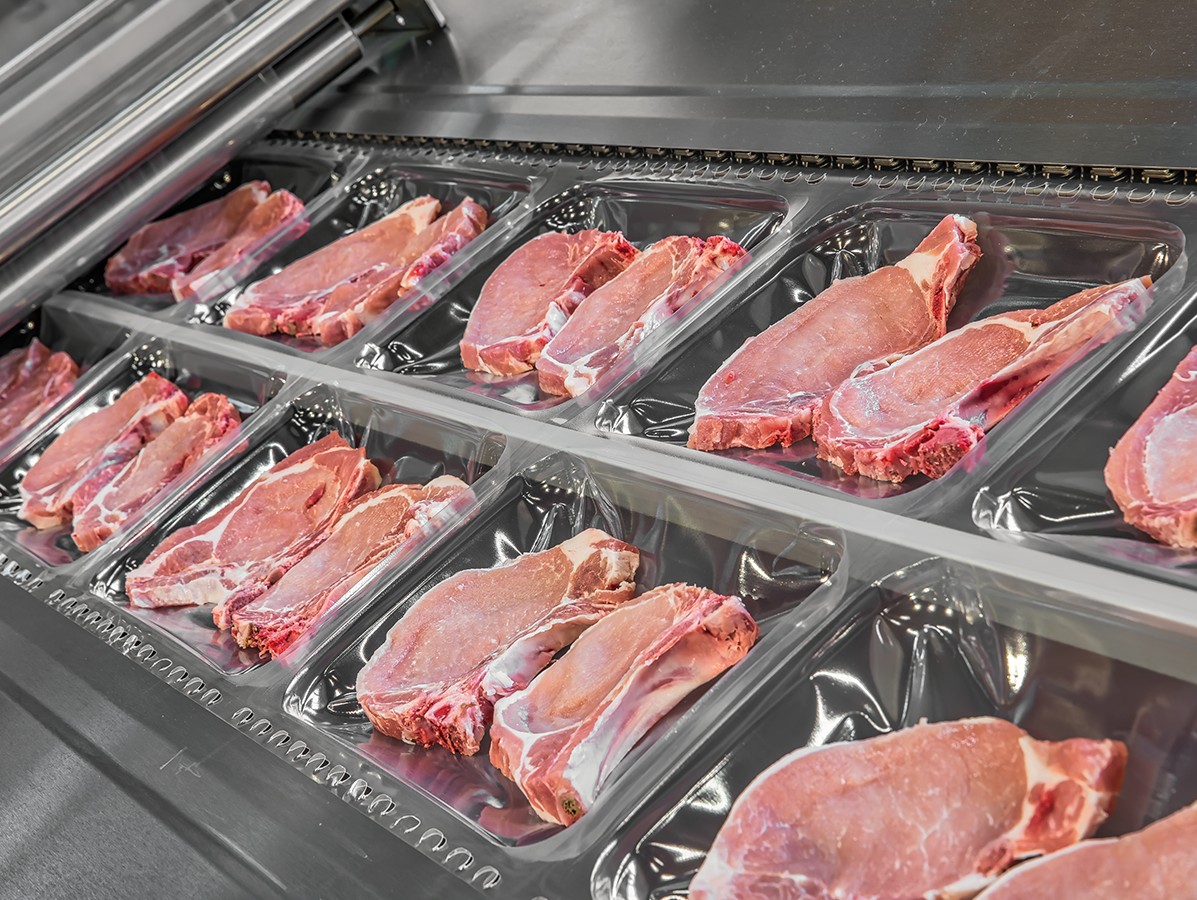
European legislation and regulations in the field of packaging and waste are changing and consumers are making more and more demands. This has consequences for all parties marketing packaging, including food producers. Wesley Pieterse of Repak talks about their free packaging analysis.
As of 2030, all packaging must be recyclable. Many retailers are already anticipating the new EU laws and regulations and are even trying to meet the target sooner. In order to comply with the new legislation, they demand a lot from their suppliers, including food companies. Repak has supplied thousands of packaging machines worldwide, producing millions of plastic-based packaging every day. Our business philosophy is 'Partner for Life'. We are committed to sustainable flexibility. The machines you buy today must remain usable in the future. This is possible if they grow along with changing customer demands and the requirements of the law.
Large retailers have drawn up regulations to promote the recycling of packaging. Among other things, they emphasise that packaging concepts must be as simple as possible. Preferably choose one type of material. If you use labels or sleeves, minimize them to a maximum of 50% of the total packaging size. If the use of adhesives is necessary, choose adhesives that can be removed from the packaging at a temperature of 60-80 degrees Celsius. These are just a few of the rules. Food producers are confused. That is why we offer food processing companies from the Netherlands and Belgium a packaging analysis free of charge. We look at the relationship between the desired appearance, the desired shelf life, recyclability and the packaging process. This desired situation is compared to the current one. The analysis results in concrete action points that benefit the packaging process. For example, we believe that it should be possible to process monomaterials, paperbased and plantbased packaging concepts on a single packaging machine.
Repak works out a concept completely on behalf of the customer. For example, we test the concept for carbon footprint reduction in combination with good processability in the customer's process. We look for 'and-and' for our customer, instead of 'or-or'. It is not always a choice between recyclability and costs, for example. Much more is possible, among other things by working smartly together in the chain. The circular economy is a big and common goal. We will have to work together to achieve that goal.
In recent years we have entered into various special collaborations, such as with FiBi Buffer. This is a young startup in protective packaging. Together with BASF, the entrepreneurs wanted to make an alternative to Styrofoam that is fully compostable. Styrofoam is currently being investigated and will eventually be banned. With a specially developed machine they now make durable material that looks like (and has the function of) polystyrene foam. The end product now protects (often electronic) products, which are packed with fully compostable film.

The weight reduction on plastic packaging for food is proving to be tough. Apart from the aesthetic challenges, maintaining sufficient shelf life is essential. This can be difficult with thinner packaging film. In cooperation with various market parties, we have looked for solutions that also preserve the consumer's perception of the strength of the packaging. We have succeeded. The technique we work with is called Rapid Air Forming. We form at high speed and optimally control the air flows during the forming process, so that we are able to form the film to the right place at exactly the right time. Case studies have shown that this enables us to reduce film thickness by 10 to 30% while maintaining the shelf life of the packaged product. We already have a few years of experience with this technique. Now that the deadline for the implementation of sustainable concepts is approaching, there has been a lot more interest lately.
If you want more sustainable packaging, then the packaging process itself is at least as important as the materials you use. Machine builders are working across the entire spectrum to simplify techniques in such a way that there is less waste at the customer's end. Seemingly minor changes contribute positively to the environmental impact. A good example of this is the deep-drawing packaging machine. Because it works from a roll of film, there is no need for stocks of trays or other packaging materials; a stock reduction from thirty to three pallet locations is no exception. It also saves forklift or pallet truck movements.
Durable flexibility' is reflected in our patented frame concept, in which the film width can move with changing packaging needs over time. The film width can be adjusted up to 140 mm. We call this 'sustainability by smart design'. It prevents the scraping of valuable materials such as stainless steel and aluminium, and also makes a considerable difference to the invested amount. And that's also sustainable: for your wallet.
Source: © Vakblad Voedingsindustrie 2020